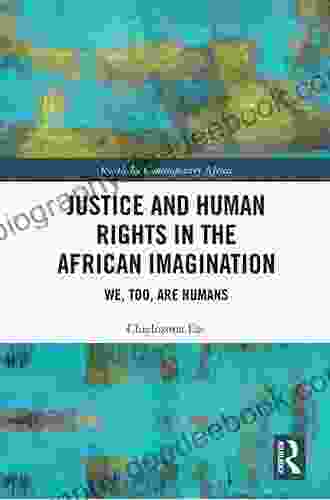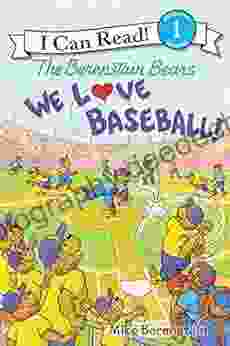The concept of justice and human rights has been a central theme in African thought and imagination for centuries. From the ancient teachings of the pharaohs to the philosophies of modern-day thinkers, Africans have grappled with the questions of how to create a just and equitable society.
In this article, we will explore the various dimensions of justice and human rights in the African imagination. We will begin by examining the traditional African understanding of justice, which is based on the principles of ubuntu and restorative justice. We will then discuss the influence of Western colonialism and the subsequent human rights movement on African conceptions of justice. Finally, we will consider the challenges and opportunities facing the promotion of justice and human rights in Africa today.
Traditional African Conceptions of Justice
Traditional African societies have a rich and complex understanding of justice. This understanding is based on the principles of ubuntu and restorative justice.
Ubuntu
Ubuntu is a Bantu philosophy that emphasizes the importance of community and interconnectedness. It is based on the belief that all people are part of a larger whole and that our actions should be guided by the well-being of the community.
In the context of justice, ubuntu means that we should treat others with dignity and respect, regardless of their background or circumstances. It also means that we should be willing to forgive those who have wronged us and to work towards reconciliation.
Restorative Justice
Restorative justice is a process that focuses on repairing the harm caused by crime. It involves bringing the victim, the offender, and the community together to discuss the crime and its impact, and to develop a plan to make amends for the harm that has been done.
Restorative justice is based on the belief that crime is not just a violation of the law, but also a violation of relationships. It seeks to restore these relationships and to create a more just and peaceful community.
The Influence of Western Colonialism
The arrival of European colonialism in Africa had a profound impact on African conceptions of justice and human rights. Colonial powers imposed their own legal systems on African societies, which often resulted in the erosion of traditional African justice practices.
In addition, colonialism led to the widespread human rights abuses, including slavery, forced labor, and racial discrimination. These abuses served to further undermine African conceptions of justice and to create a climate of impunity.
The Human Rights Movement
The human rights movement that emerged in the aftermath of World War II had a significant impact on African conceptions of justice. The Universal Declaration of Human Rights, adopted by the United Nations in 1948, set out a comprehensive list of human rights and freedoms that are universally applicable.
The human rights movement also inspired the creation of regional human rights treaties, such as the African Charter on Human and Peoples' Rights. These treaties have helped to strengthen the protection of human rights in Africa and to provide a framework for holding governments accountable for their actions.
Challenges and Opportunities
Despite the progress that has been made in promoting justice and human rights in Africa, there are still many challenges that remain. These challenges include:
- Poverty and inequality: Poverty and inequality are major obstacles to justice and human rights. They disproportionately affect marginalized and vulnerable groups, such as women, children, and minorities.
- Corruption: Corruption is a systemic problem that undermines the rule of law and makes it difficult to ensure justice for all. It also diverts resources away from essential public services, such as education and healthcare.
- Conflict and violence: Conflict and violence are major threats to justice and human rights. They result in the loss of life, displacement of populations, and destruction of property. They also create a climate of fear and insecurity, which makes it difficult to build just and peaceful societies.
Despite these challenges, there are also many opportunities for promoting justice and human rights in Africa. These opportunities include:
- The African Renaissance: The African Renaissance is a movement that seeks to revive the continent's cultural and economic heritage. It is based on the belief that Africa has the potential to be a prosperous and just continent.
- The growth of civil society: Civil society organizations play a vital role in promoting justice and human rights in Africa. They provide essential services, advocate for the rights of marginalized groups, and hold governments accountable for their actions.
- The African Union: The African Union is a continental organization that is committed to promoting peace, security, and human rights in Africa. It has established a number of mechanisms to protect human rights, including the African Court on Human and Peoples' Rights.
Justice and human rights are central to the African imagination. They are essential for creating just and peaceful societies in which all people can live with dignity and respect.
While there are many challenges to promoting justice and human rights in Africa, there are also many opportunities. By working together, we can build a more just and equitable Africa for everyone.





























































































